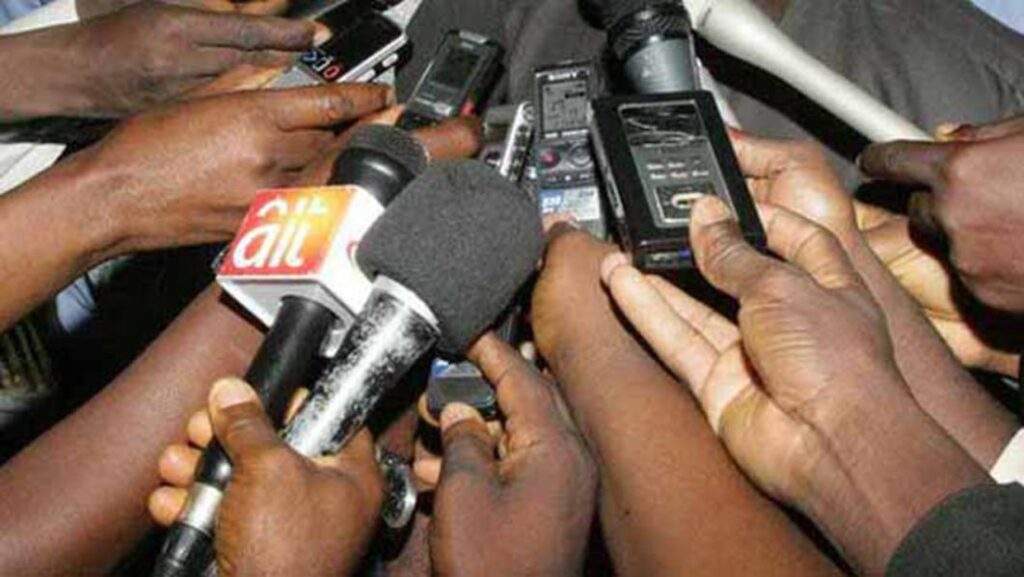In a world where journalism serves as the cornerstone of freedom of expression, Nigeria’s media landscape grapples with multifaceted challenges that hinder its ability to function independently and sustainably. The obstacles posed by media policies, ownership influences, technological advancements, and financial viability threaten the very existence of independent journalism. According to the 2021 World Press Freedom Index by Reporters Without Borders, Nigeria is ranked 120th out of 180 countries, painting a daunting picture of the environment journalists and media outlets are navigating.
In a bid to dissect the complexities and chart a way forward, the Wole Soyinka Centre for Investigative Journalism (WSCIJ) recently convened the 3rd Amplify In-depth Media Conference. Notable industry stakeholders used the platform to deliberate on the critical need for media independence, the ethical conundrum between owner interests and public interest, and the integration of modern technology to ensure financial viability. Motunrayo Alaka, the Executive Director of the WSCIJ, emphasized the imperative nature of policies that foster journalism’s growth and the utilization of innovative techniques to ensure financial stability.
The call for media independence reverberated across the conference, with Amina Salihu, the Deputy Director of the MacArthur Foundation, underscoring the non-negotiable nature of press freedom in upholding a functional democracy. The role of the media as a watchdog in society and its significance in inspiring citizen participation were highlighted as pivotal aspects that need to be safeguarded.
Dapo Olorunyomi, the publisher of Premium Times and founder of the Centre for Journalism Innovation and Development (CJID), emphasized the ethical responsibility of journalists in holding democratic governments accountable. He advocated for the embracement of fact-checking and digital literacy tools to combat misinformation, in addition to advocating for the effective regulation of Artificial Intelligence to ensure responsible use.
Furthermore, the need for media regulation that upholds independence and excellence was underscored by Franca Aiyetan of the Nigerian Broadcasting Commission (NBC). This sentiment was echoed by Mr. Dili Ezughah, Director-General of the Nigerian Press Council (NPC), who emphasized the necessity of reviewing outdated regulations to align with the dynamics of the digital era.
Amidst these deliberations, Prof. Umaru Pate, Vice-Chancellor of Federal University Kashere, emphasized the indispensable nature of economic independence for the media and the need for journalism students to be equipped with the skills required to navigate the evolving media landscape.
As the discourse expanded to encompass the financial sustainability of media, industry experts like Dayo Aiyetan, Executive Director of the International Centre for Investigative Reporting, advocated for a shift in perceiving news as a marketable product while upholding ethical standards.
Ultimately, the symposium concluded with a resounding call for all stakeholders to create an enabling environment that fosters the growth of independent media without compromising its critical role in society. As the Nigerian media confronts these challenges, the path to independence and sustainability rests on collaborative efforts, ethical journalism, and progressive regulatory frameworks.
NANFeatures
